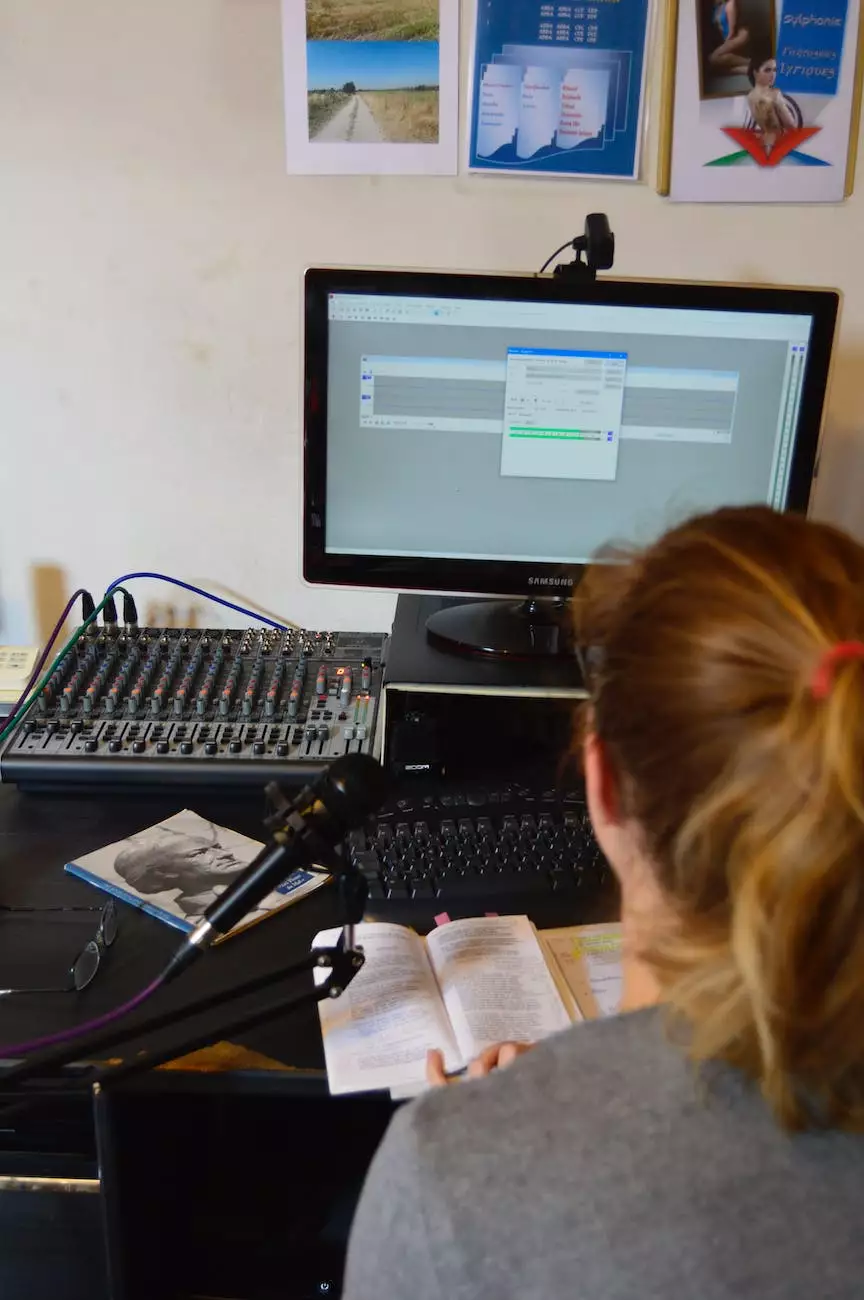Conduct a Personal Financial Stress Test
Financials & Reports
Introduction
Welcome to Social Service of America's guide on how to conduct a personal financial stress test. In this comprehensive resource, we will provide you with insights, tips, and expert advice to help you effectively evaluate your financial situation and identify areas of improvement. Whether you are facing financial difficulties or simply want to ensure your financial stability, conducting a personal financial stress test is a crucial step towards achieving your financial goals.
Why Conduct a Personal Financial Stress Test?
In today's fast-paced and ever-changing world, it is important to regularly assess and evaluate your financial health to ensure you are well-prepared for any unforeseen circumstances. A personal financial stress test allows you to gain a clear understanding of your financial standing, identify potential risks and weaknesses, and develop strategies to mitigate them.
Assessing Your Financial Goals
The first step in conducting a personal financial stress test is to define your financial goals. Whether you aspire to buy a house, save for retirement, or pay off your debts, having clearly defined goals will help you focus your efforts and make informed decisions. Take some time to evaluate your short-term and long-term aspirations, and ensure they are aligned with your current financial situation.
Evaluating Income and Expenses
Next, analyze your income and expenses to gain a comprehensive understanding of your cash flow. Evaluate your sources of income, such as salary, investments, or rental properties. Calculate your monthly expenses, including fixed costs like rent or mortgage payments, utilities, insurance premiums, and variable expenses like groceries, entertainment, and transportation.
Reviewing Debt and Liabilities
Assess your debt and liabilities to determine their impact on your financial well-being. Make a list of all your debts, including credit card balances, student loans, car loans, and mortgages. Keep track of interest rates, loan terms, and monthly payments. This will help you understand how your debts are affecting your overall financial health and enable you to create a plan to reduce or eliminate them.
Analyzing Savings and Investments
Review your savings and investment accounts, including bank accounts, retirement funds, stocks, and other assets. Evaluate the performance of your investments and ensure they align with your risk tolerance and long-term goals. Consider maximizing your contributions to retirement accounts and diversifying your investment portfolio to optimize your future financial growth.
Assessing Risk Management and Insurance
Assess your risk management strategies and insurance coverage. Ensure you have appropriate insurance policies to protect your health, life, property, and other valuable assets. Evaluate your emergency fund and make necessary adjustments to ensure it can cover unforeseen expenses or income disruption.
Expert Tips for a Successful Financial Stress Test
Now that you understand the key areas to evaluate during your personal financial stress test, here are some expert tips to ensure a successful assessment:
- Be honest and objective when reviewing your financial situation. Recognize any areas of weakness or potential risks and address them proactively.
- Set specific, measurable, attainable, relevant, and time-bound (SMART) financial goals to guide your actions and track progress.
- Consider seeking professional financial advice from a trustworthy advisor who can provide personalized recommendations based on your unique circumstances.
- Regularly update and review your personal financial stress test to track your progress, adapt to changes, and realign your goals accordingly.
- Take advantage of online tools and resources that can assist you in analyzing your financial situation, budgeting, and monitoring your progress.
Conclusion
Conducting a personal financial stress test is a critical step in ensuring your financial well-being. By thoroughly evaluating your income, expenses, debt, savings, and risk management strategies, you will be better equipped to achieve your financial goals and weather any financial storms that may come your way. Remember to regularly review and update your personal financial stress test to adapt to changing circumstances. Start taking control of your financial future today!




